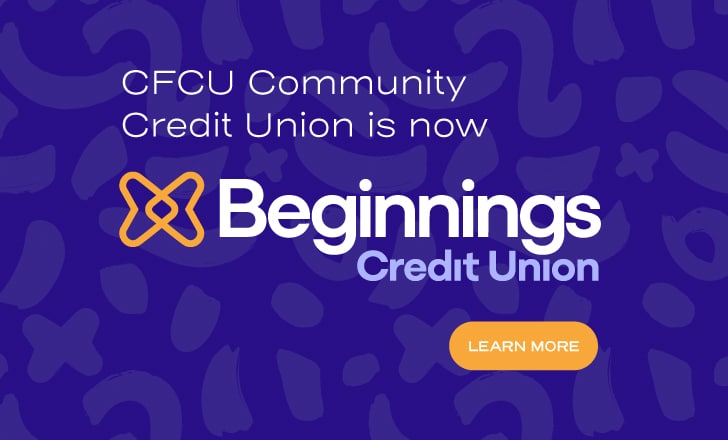A new campaign aims to bolster public education and student learning.
The American Federation of Teachers’ Real Solutions for Kids and Communities campaign aims to boost a variety of issues schools are lagging behind in.
In New York and across the U.S. schools are still working to address learning loss from the pandemic. The latest scores from the National Assessment of Educational Progress show reading and math scores hit 1970s levels.
AFT President Randi Weingarten said reading is a cornerstone of this new campaign.
“Getting books into young people’s hands, it’s just a start,” said Weingarten. “The ability to read is a fundamental right and teaching children to read is the most fundamental responsibility of school.”
Other elements of the campaign include garnering more support staff and necessary teacher resources, and making strides to improve youth mental health.
A 2023 survey finds 92% of parents want to see schools provide mental health services for students.
New York’s 2024 budget allocated $50 million to expand mental-health services for school-aged children, and to fund school-based mental-health services.
But, many challenges lie ahead to ensure schools and children see the fruits of AFT’s labor. House Republicans have proposed vast cuts to Title One programs in the upcoming budget.
U.S. Education Secretary Miguel Cardona said politicians working to broaden parents’ rights need to shift their focus to more pressing educational needs.
“How about the parent’s right to a well-resourced neighborhood school instead of seeing their tax dollars go to vouchers?” said Cardona. “How about the parent’s right to make sure their children have fully staffed schools, with highly qualified teachers, not a cast of substitute teachers because their state has no problem with their teachers making less than $40,000 a year.”
An Economic Policy Institute study finds New York’s own voucher programs were only slightly effective, with a single cohort of students.
Other studies find vouchers had negative impacts on New York City students‘ math scores.


